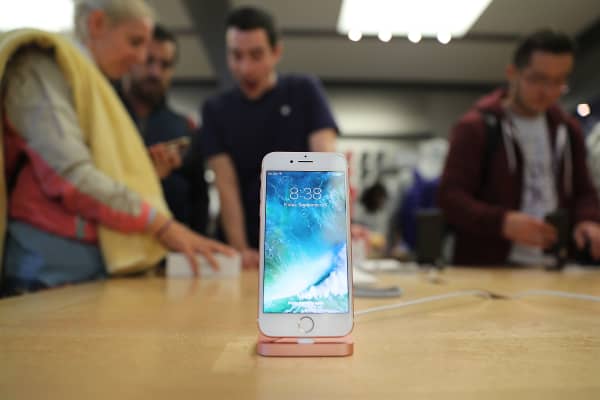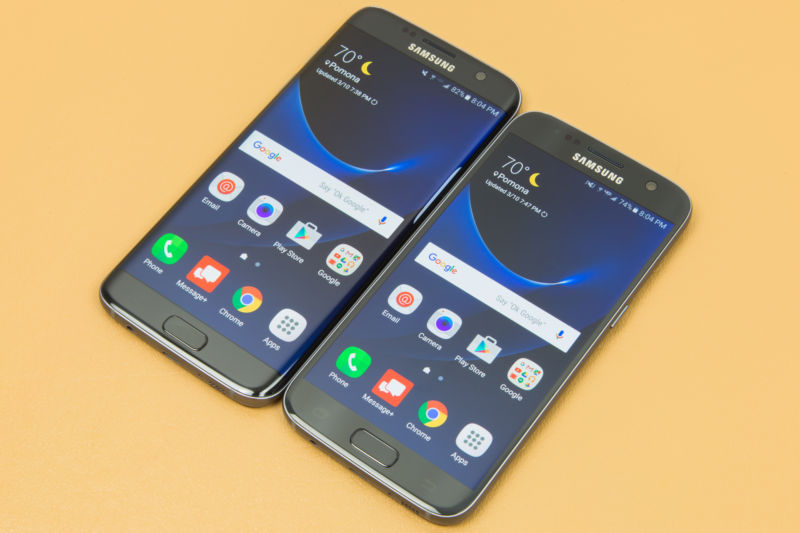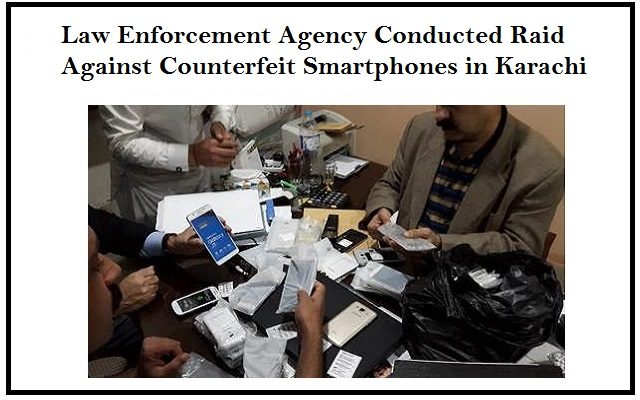Is it illegal to drive while talking on a mobile phone without a headset in your state? Driving laws related to smartphone and cell phone use – or mobile phone use, if that’s what you want to call it – vary greatly. Individual states change regulations on cell phone use while driving every once in a while – it’s a state’s issue, not federal, after all. What we’re looking at is the laws that apply to each of our 50 United States as of the month of publication of this article – and updates may be applied, but will be noted.
States With The Least Regulation
Let it be known that Montana is the least regulated state when it comes to driving whilst using a phone. While they DO keep crash data on file for this sort of thing, they do not have a hand-held ban, any ban on cell phones for school bus drivers or novice drivers, nor any text messaging ban of any sort. It’s entirely legal to use a phone in your car under any circumstance – or at least that’s how it is on the books.
Don’t expect much mercy in the way of fault when it comes to a crash that’s caused by a driver clearly distracted by their phone. It’s not as if using a phone will ever excuse a driver from being aware of what’s on the road in front of, behind, or anywhere around them. That’s always they’re responsibility.
Arizona is in a similar boat with a lack of regulation on cell use while driving. School Bus Drivers are not allowed to use cell phones while driving – but everyone else is fine. Missouri is similar, though the one restriction is on text messaging by a driver under the age of 21.
Text Messaging Bans
A number of states restrict the use of phones to text message while driving, but do not restrict the use of phones in all cases. Wyoming, the Virgin Islands, South Carolina, Pennsylvania, Idaho, Florida, and Alaska have full Text Messaging bans, but no other restrictions on mobile phone use while driving.
Alabama has a ban on cell phones for 16 and 17yr-old drivers holding Intermediate Licenses for less than 6 months. Alabama also has a total ban of text messaging by all drivers. Colorado’s laws are the same as Alabama in these cases, but the all-ban is for all drivers under the age of 18. North Dakota and Ohio also have this all-ban for drivers under the age of 18 and all-texting bans in place.
The only states that do not have a texting ban on all drivers in place are Arizona, Missouri, Montana, and Texas. Texas is a special case, however, as they ban texting by drivers under the age of 18 and for all ages if there’s a passenger in the vehicle under the age of 17. Texas also has an all-ban in place for School Bus Drivers with passengers under the age of 17 – and by all drivers in school zones. Texas also has an all-ban on all drivers under the age of 18.
Bus Driver Phone Use Bans
Not all states ban the use of a mobile phone while driving a school bus, regardless of the bus size or the age of its riders. Those that do have this ban in place almost always have a total ban on bus drivers, save Texas, which only bans phone use from bus drivers if they have a passenger under the age of 17.
States that ban phone use by school bus drivers include Arizona, Arkansas, California, Connecticut, Delaware, Washington D.C., Georgia, Illinois, Kentucky, Louisiana, and Massachusetts. Also on this list for total bans on school bus drivers using cell phones is Michigan, Minnesota, Mississippi, New Jersey, North Carolina, Ohio, Oregon, and Rhode Island. Tennessee, Utah, and Virginia also each have this ban in place.
Total Ban on Novice Drivers
Quite a few states ban Novice Drivers from using phones of any sort while driving, hand-held or not. Those that ban phone use of drivers under the age of 18, only, include: Arkansas, California, Colorado, Connecticut, Georgia, Hawaii, Kentucky, Maryland, Massachusetts, New Hampshire, North Carolina, North Dakota, Oregon, Rhode Island, Texas, Utah, Vermont, and Virginia.
Those states with a ban on all phone use by drivers under 18 with a Learner or Intermediate License include West Virginia, Nebraska, and Minnesota. Those with this same ban but without the age restriction (Learner or Intermediate License,) include Washington, Wisconsin, Tennessee, South Dakota, Maine, Kansas, and Delaware. Iowa is the same as the last list but replaces Restricted with Learner License.
States with an all-ban on Novice Drivers with Permit or Provisional License include New Mexico and New Jersey. Michigan restricts Novice Drivers with a Level 1 or 2 license. Indiana just restricts Novice drivers under the age of 21, while Illinois restricts those under 19. Washington DC restricts all those using a Learners Permit.
Alabama’s text messaging all-ban is joined by an all-ban of cell phone use for Novice drivers of the age of 16. They also ban all users that are the age of 17 with an Intermediate License less than 6 months old.
Most Restricted States
Several states have a full ban on hand-held phone use while driving. That’s a ban on phones if held in the user’s hand – while driving. The states with this hand-held ban are: California, Connecticut, Delaware, Washington D.C., Guam, Hawaii, Illinois, Maryland. This hand-held phone use ban while driving also covers Nevada, New Hampshire, New Jersey, New York, Oregon, Puerto Rico, Vermont, the Virgin Islands, Washington, and West Virginia.
Arkansas has a special hand-held ban which covers only 18-20 year olds. Louisiana and Oklahoma ban hand-held phone use from drivers with Lerner or Intermediate Licenses – regardless of their age. New Mexico bans hand-held phone use from drivers driving official state vehicles.
What about headset use?
If a police officer sees you cause a car crash and they find out you were talking on the phone with a friend, regardless of the location of the phone, there’s a chance it’ll be considered out and actively in play. If that happens, the law will enforce whatever regulations are in place for cell phone use. A headset does not excuse a driver from the laws of cell phone use.
Wrap-up
All of the information in this guide was sourced from the
GHSA, AKA the Governor’s Highway Safety Association or official state highway department sources where necessary. This collection of laws could very well change at a moment’s notice – so keep that in mind. SlashGear is not responsible for any reckless driving, accidents, or law-related incidents of any kind, and none of the above should take the place of seeking legal advice.
Whatever the state rules or the situation, the best advice is to hold off making a call or texting until you’re safely pulled over at the side of the road. That way, you don’t have to concentrate on driving. Just because something is legal on paper, it doesn’t mean it’s necessarily well-advised, after all.



/https%3A%2F%2Fblueprint-api-production.s3.amazonaws.com%2Fuploads%2Fcard%2Fimage%2F332708%2Fa658c8c7-d618-4b57-91fb-e83e13fe15dd.jpg)









